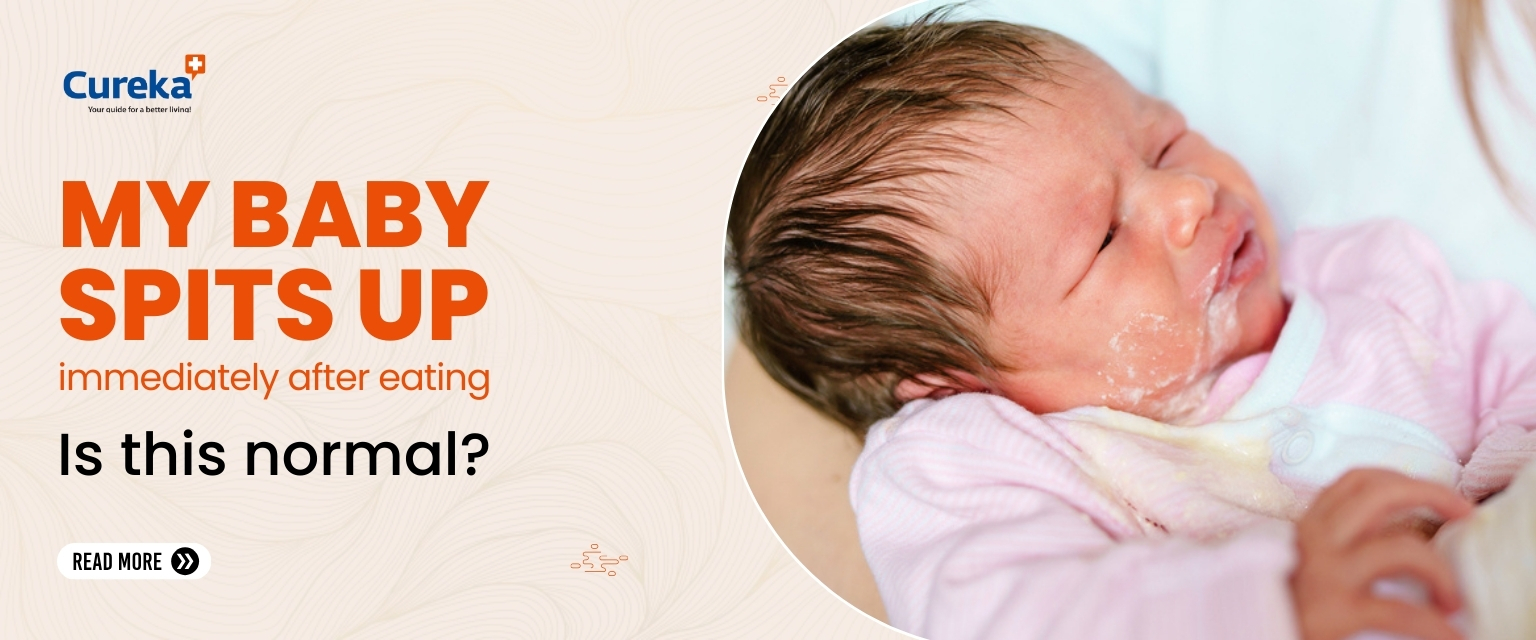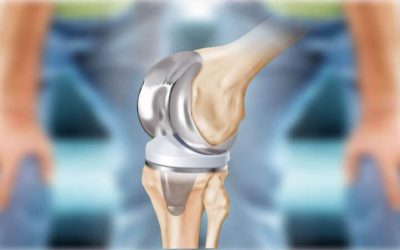My Baby Spits Up Immediately After Eating – Is This Normal?
Hey there, fellow moms! If you’ve ever fed your baby and immediately seen them spit up, I totally get why you might start to feel a little worried. I’ve been there too, watching my baby spit up right after feeding and wondering if something was wrong. Trust me, though, baby spit up is a common part of infancy, and more often than not, it’s completely normal. Whether your baby is breastfed or formula-fed, spitting up happens to just about every baby at some point.
It’s such a natural part of their development, especially when their tiny digestive systems are still getting the hang of things. I remember feeling nervous, but knowing that baby spit up is usually harmless really helped me relax. Sometimes, it’s just a matter of their little tummies being too full, or maybe they’re swallowing a bit of air while feeding. The good news is that most of the time, it’s nothing to be alarmed about!
Even if your baby is breastfed and still spits up, don’t stress too much. Breast milk is actually easier for babies to digest than formula, so even if your baby spits up a little, they typically stay calm and comfortable afterward. Whether you’re nursing or bottle-feeding, it’s all about figuring out what works best for your baby’s feeding needs and comfort level.
Why Does My Baby Spit Up?
Spitting up is a common issue for newborns and infants, and it usually happens because their digestive system is still developing. Here are some common causes of baby spitting up:
- Immature Digestive System – Babies have tiny stomach, and the muscle between the stomach and esophagus (lower esophageal sphincter) isn’t fully developed yet. This makes it easy for milk to come back up.
- Overfeeding – If your baby drinks too much milk, their stomach gets full quickly, and the extra milk may come right back up.
- Swallowing Air – Babies tend to gulp air while feeding, which can cause gas buildup and lead to spitting up.
- Lying Down Too Soon – If your baby is laid flat immediately after feeding, gravity won’t help keep the milk down.
- Food Sensitivities – Sometimes, formula or even certain foods in a breastfeeding mom’s diet can trigger baby spit up.
Do Breastfed Babies Spit Up Too?
Yes! Many people assume that spitting up is mostly a formula-fed baby issue, but breastfed babies spit up too. The reasons are usually similar:
- Fast Letdown or Oversupply – Some moms produce milk very quickly, and babies may gulp too much milk too fast, leading to spitting up.
- Foremilk-Hindmilk Imbalance – If a baby gets too much foremilk (the thinner milk at the start of a feeding) without enough hindmilk (the richer, creamier milk), it can lead to tummy discomfort and spitting up.
- Maternal Diet Sensitivities – Some babies react to certain foods in their mother’s diet, such as dairy, caffeine, or spicy foods.
The good news? Breast milk is easier for babies to digest than formula, so even if a breastfed baby spits up, they often remain calm and don’t experience as much discomfort.
The Science Behind Spitting Up
Understanding the biological reasons for baby spit up can help ease your worries.
1.The Role of the Lower Esophageal Sphincter (LES)
The LES is a ring of muscle between the esophagus and stomach. In newborns, it’s still developing, which means it doesn’t always stay tightly closed. When the LES relaxes, milk can flow back up, causing spitting up.
2.Stomach Capacity
At birth, a baby’s stomach is only about the size of a cherry! By one month, it expands to the size of an egg. Because their stomachs are so tiny, even small amounts of milk can cause spitting up.
3.Gravity & Positioning
When babies lie down right after feeding, milk can travel back up easily due to gravity. That’s why keeping your baby upright after feeding can help reduce baby spit up.
When Is Spitting Up a Concern?
Most of the time, spitting up is harmless and doesn’t bother your baby. However, consult your pediatrician if:
- Your baby isn’t gaining weight properly.
- The spit-up is forceful (projectile vomiting).
- It has a green or yellow color.
- Your baby seems very fussy or uncomfortable after feeding.
How to Reduce Infant Spit-Up
If your baby’s spitting up is frequent, here are some helpful tips:
- Feed in an Upright Position – Keeping your baby in a semi-upright position during feeding helps milk go down smoothly.
- Burp Frequently – Burping after every few minutes of feeding can release trapped air and reduce baby spit up.
- Smaller, More Frequent Feedings – Instead of large meals, try feeding smaller amounts more often.
- Keep Baby Upright After Feeding – Holding your baby upright for at least 20-30 minutes can prevent milk from coming back up.
- Check for Overfeeding – If you’re bottle-feeding, try using a slow-flow nipple to control milk intake.
- Consider Formula with Prebiotics & Probiotics – Some formula brands now include prebiotics and probiotics, which can support healthy digestion and reduce spitting up. Prebiotics help feed beneficial gut bacteria, while probiotics introduce good bacteria to improve gut health. These can be especially helpful for babies with sensitive stomachs or mild reflux. If you’re using formula, talk to your pediatrician about switching to one that contains these digestive-supporting ingredients.
- Adjust Your Diet (for Breastfeeding Moms) – Some babies react to dairy, caffeine, or other foods in their mother’s diet. Keeping a food diary may help identify triggers.
Tips to Prevent Baby from Spitting Up After Feeding
If you’re still dealing with frequent spitting up, try these additional tricks:
- Avoid Tight Diapers & Clothing – Pressure on your baby’s tummy can push milk back up.
- Try a Different Bottle or Nipple – Some bottles are designed to reduce air intake, which can help with spitting up.
- Tummy Time Before, Not After, Feeding – This helps strengthen your baby’s stomach muscles without causing reflux.
- Give It Time – Most babies outgrow frequent spitting up by 6-12 months as their digestive system matures.
How Much to Feed – How Much Is Too Much?
One of the biggest reasons for baby spit up is overfeeding. But how do you know how much is just right? Every baby is different, but here are some general guidelines:
- Newborns (0-4 weeks): Typically need 1.5 to 3 ounces (45-90 mL) per feeding every 2-3 hours.
- 1-2 months: Usually take 3-5 ounces (90-150 mL) per feeding every 3-4 hours.
- 3-6 months: May consume 4-8 ounces (120-240 mL) per feeding, about 4-5 times a day.
For breastfed babies, feeding on demand is best, but watch for signs of fullness, such as turning away from the breast, slowing down, or refusing to latch. If your baby keeps spitting up after every feeding, try offering smaller amounts more frequently instead of larger meals. If your baby is calm, has steady weight gain, and doesn’t seem uncomfortable, they’re likely getting just the right amount!
Final Thoughts
Mama, I know it can be frustrating to see your baby spitting up so often, but in most cases, it’s completely normal! Whether you breastfeed or bottle-feed, spitting up is just part of your baby’s growth. As long as your little one is happy, gaining weight, and not in distress, you don’t need to worry. But always trust your gut, if something doesn’t feel right, reach out to your doctor.
Do you have any tried-and-true tips to prevent baby from spitting up after feeding?
References:
- Regurgitation in healthy and non healthy infants – Dec 9 , 2009 – https://pmc.ncbi.nlm.nih.gov/articles/PMC2796655/
- Natural evolution of regurgitation in healthy infants – 2009 jul – https://pubmed.ncbi.nlm.nih.gov/19397533/
- Diagnosis and Treatment of Gastroesophageal Reflux in Infants and Children – 2015 Oct – https://pubmed.ncbi.nlm.nih.gov/26554410/











